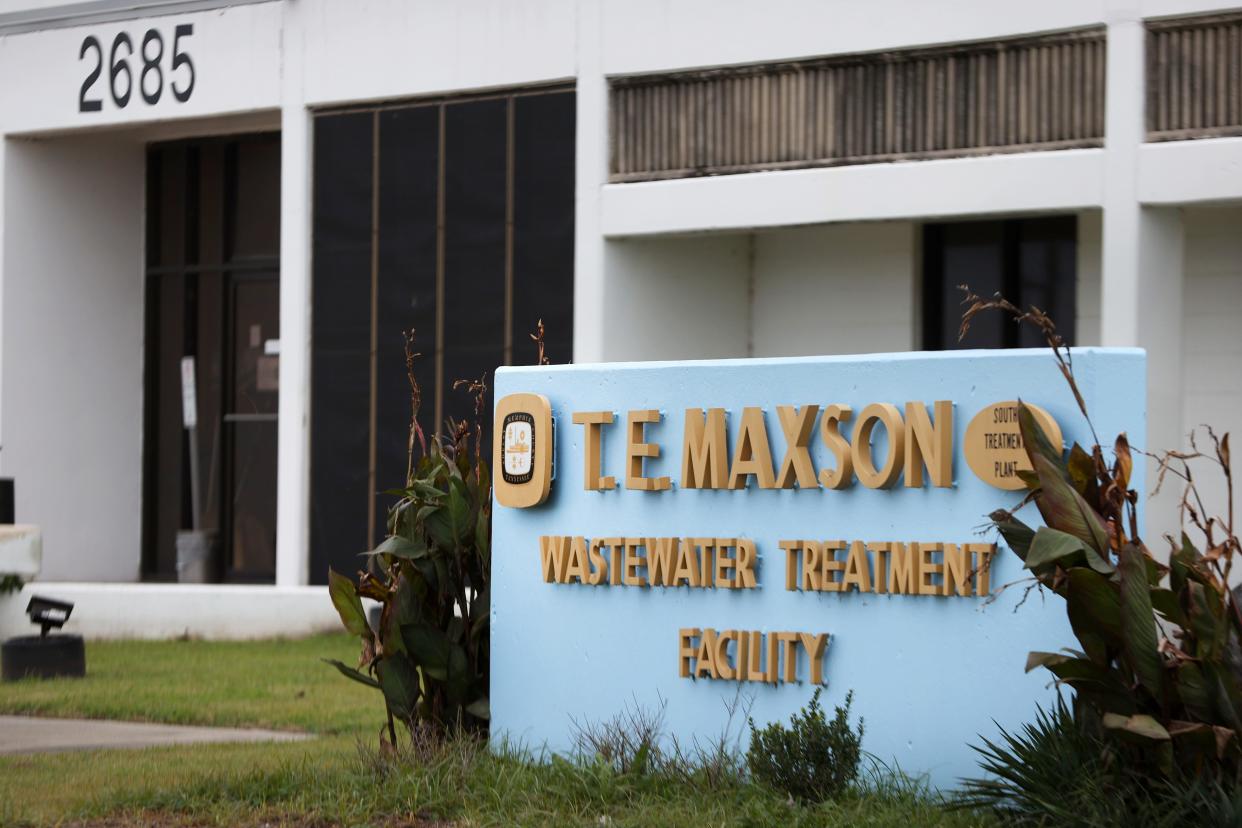High stakes DeSoto, Memphis sewage trial starts

A high-stakes trial pitting DeSoto County versus the city of Memphis is playing out in U.S. District Court in Memphis.
The trial, which started Monday, will decide how long portions of DeSoto County can stay on Memphis' sewer system and how much those services will cost.
Currently, portions of unincorporated DeSoto County, Horn Lake, and Southaven are on Memphis’ sewer system, the result of a 40-plus-year agreement that ends in September 2023. The original agreement, amended in 1983, dates to 1975 and Memphis has asserted since 2018 that it will not renew the contract with the sewer district and that provisions in the 1983 agreement clearly allow it to end the agreement. The sewer district contended that Memphis can’t leave the Mississippi suburbs without service and has said that the city of Memphis has refused to negotiate.
Previous coverage: Memphis, DeSoto again entering mediation in fight over sewer system
In December 2019, the two parties each filed lawsuits. In December and January of 2022, the two parties entered mediation, which ended in an impasse. The second try at mediation took place on Sept. 21, 2022, with retired state Supreme Court Justice Janice M. Holder, and again ended at an impasse. In late March, a summary judgement was issued, ruling that the agreement is set to end Sept 22, 2023.
The summary judgement order "changed the character of the trial," Keith W. Turner, an attorney for the Horn Lake Creek Basin Interceptor Sewer District, said in an interview before the trial started.
"The judge made a decision, we don't agree with him of course, that the contract term expires in September of this year," Turner said. "So the primary issues for [the trial] are going to be the dollars, the cost we donate to Memphis during the period of time it takes us to leave and then the period of time that is allowed for us to leave, how much time do we need to get off it, what is the court going to give us."
The City of Memphis is contending that, if the sewer district proceeds with a "reasonable sense of urgency," it would take six to seven years to remove its users from the City's wastewater system. The sewer district, in turn, contends it would take as few as eight years or up to 13, if the time necessary to obtain funding is included.
The current plan for the DeSoto sewer system is to expand DeSoto County Regional Utility Authority (DCRUA)'s existing Johnson Creek wastewater treatment facility. The cost of the project is estimated to be $230 million.
The DeSoto sewage district currently pays $0.96 per 1,000 gallons and the City of Memphis contends that the district should be required to pay a rate equal to the city's other wholesale customers, such as Collierville, Lakeland, and Millington, who pay $3.32 per 1,000 gallons.
"That's the rate that other cities pay that are on our system and we provide similar services," said Scott Morgan, the senior environmental administrator for the City of Memphis, during his time on the witness stand Monday.
The DeSoto sewer district alleges that the City of Memphis actually provides more services for the Tennessee municipalities than they do for DeSoto, pointing to the fact that Memphis, Light, Gas, and Water handles customer billing for Lakeland and Millington.
Morgan spent more than three hours on the stand as a witness for the City of Memphis, speaking both about the money aspect of the issue as well as a consent decree Memphis has with the Environmental Protection Agency, dating to 2012, that tasks the city with reducing sanitary sewer overflows.
The City of Memphis alleges that due to the Mississippi Department of Environmental Quality (MDEQ) having higher permitting levels than the city has, there is a risk that the wastewater coming in from the DeSoto sewer district could cause more wear and tear to the system.
Brad Davis, the chief operating officer at ABES Engineering, and Daniel Jackson, a senior engineer for RJN group, also both appeared as witnesses on the first day, as expert witnesses for the City of Memphis and the DeSoto sewer district, respectively.
Davis emphasized that he believed the project could be completed within six to seven years if done with a "reasonable sense of urgency" and that had the sewer district begun in 2018 when informed of the City of Memphis' decision to not extend the contract, the project would be done within a few years. The DeSoto sewer district contented that, while a sense of urgency is "great," Davis' projection fails to take into account outside influences that could prolong the timeline.
The trial is set to continue Tuesday and Wednesday this week and Thursday next week. Southaven Mayor Darren Musselwhite is set to testify as a witness for the DeSoto sewer district.
Gina Butkovich covers DeSoto County, storytelling and general news. She can be reached at 901/232-6714.
This article originally appeared on Memphis Commercial Appeal: DeSoto, Memphis sewer system federal trial begins

